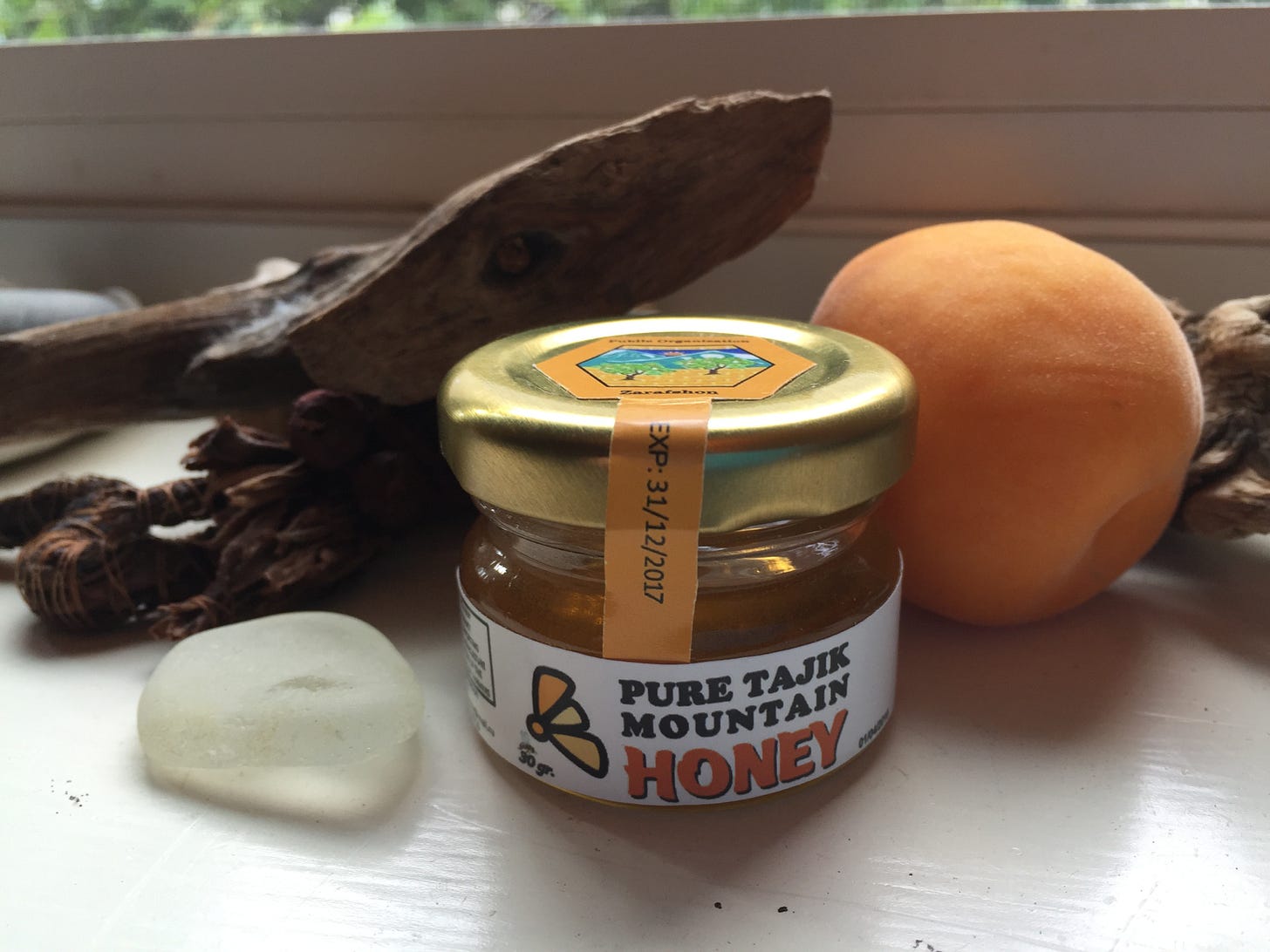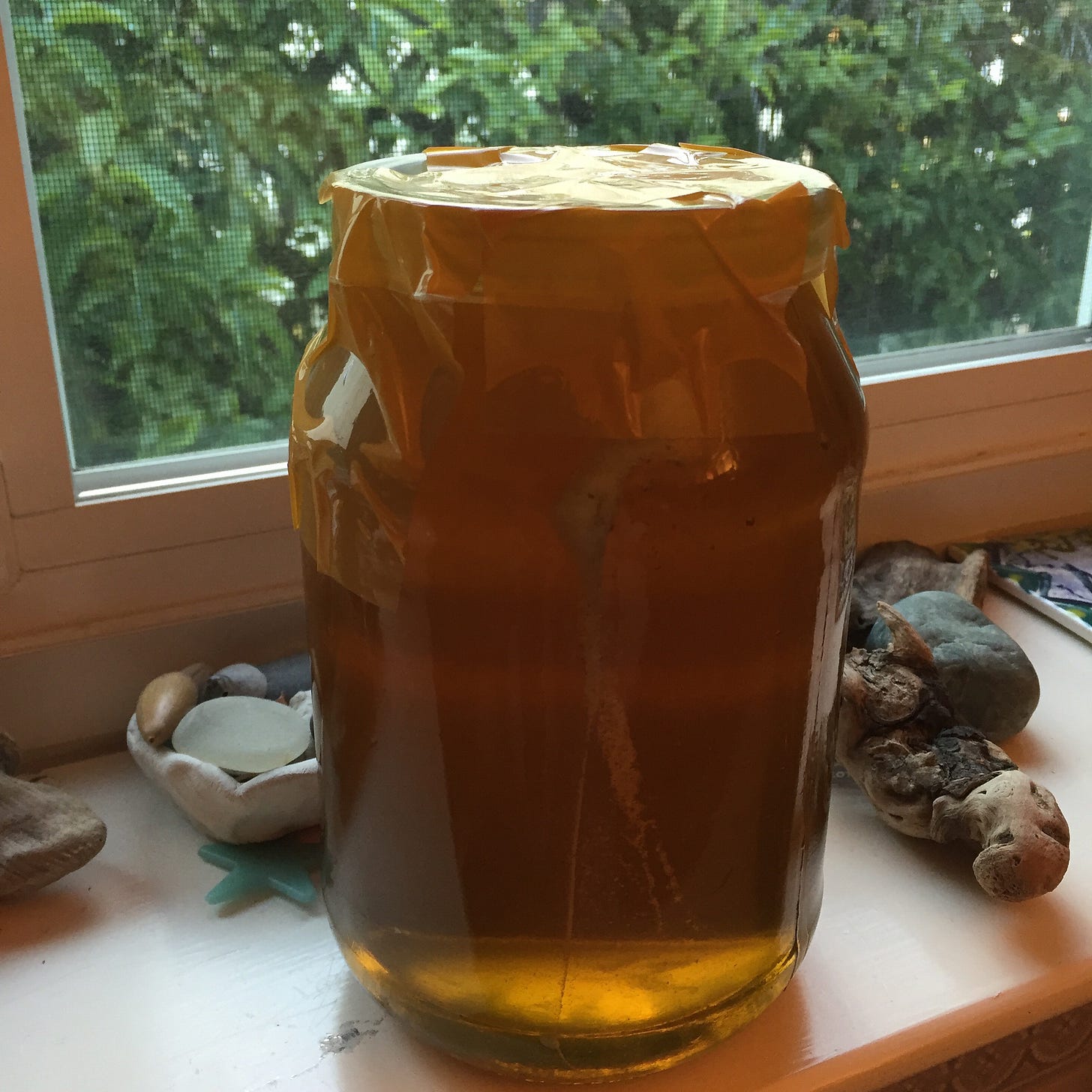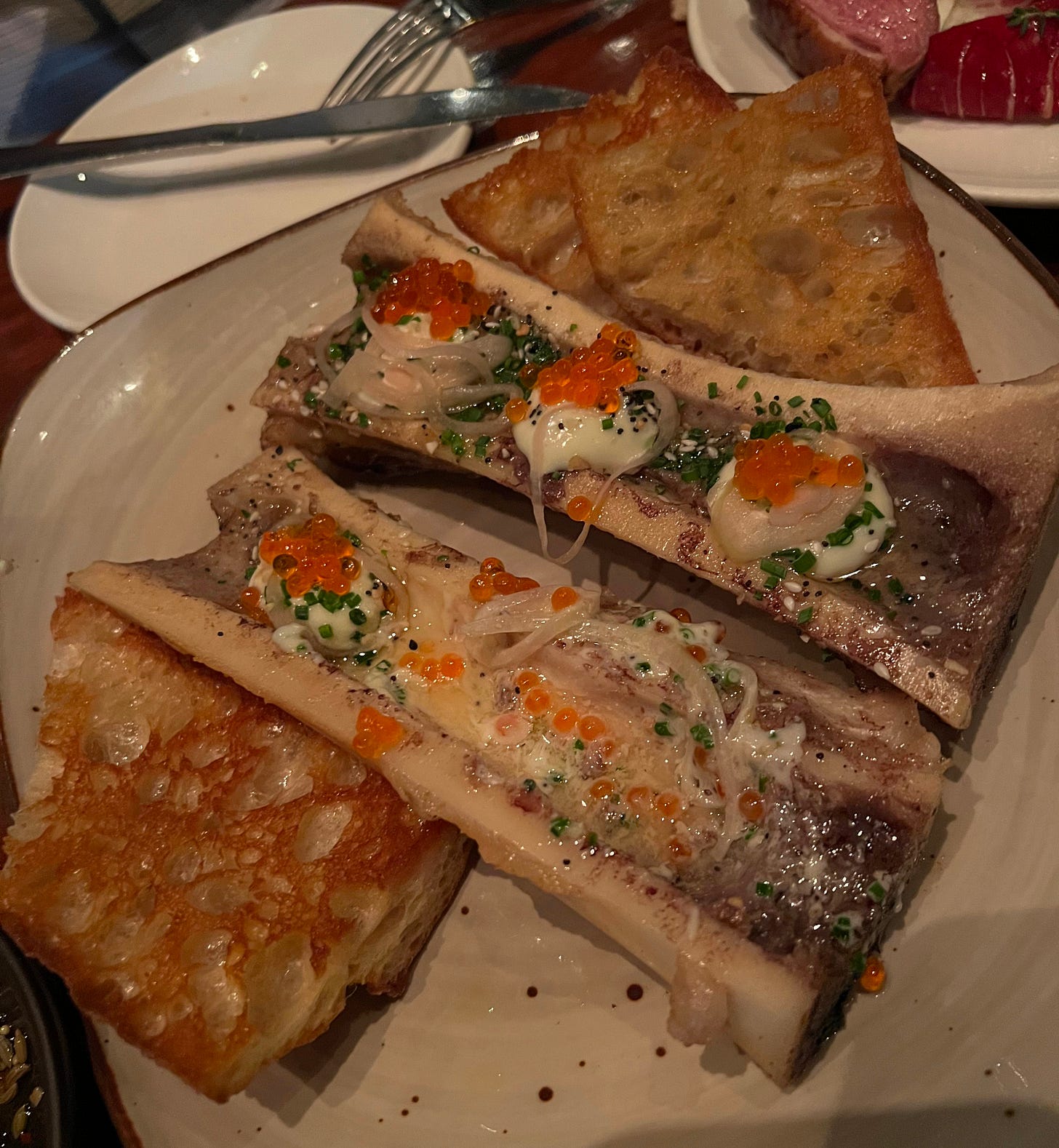"…as if Jewish sadness and Gentile sadness were made up of different recipes." Susanna Clarke
Sorrowful Venice
The quote above is extracted out of context from the new audiobook version of Susanna Clarke’s "Jonathan Strange & Mr Norrell." She’s describing the Jewish ghetto in wintry Venice in December 1816, where the recently widowed Strange has been hanging out with young Flora Greysteel and her physician father, and doing dangerous magic. I sent myself this quote as a text message recently, while listening on a bright icy day in sub-zero temperatures. Something had resonated.
For weeks now, I’ve been walking with Norrell and Strange. More than 30 hours of audio, read by Richard Armitage, whose honeyed British baritone you might recognize as the voice of Stagger, Rosalind Eleazar’s bad guy boss in “Missing You,” or as the actor who played Thorin Oakenshield in The Hobbit.
Armitage is an appealing narrator. He’s remarkably good at voicing a large cast of minor characters, and doing the regional and class accents of Great Britain in the Regency era. When I wasn’t sure I could endure the bleak and rambling story of rival scholar magicians on my frozen January walks, Armitage’s velvet voice kept me going. An alternative history, set in the time of the Napoleonic Wars—the era of the madness of King George III—Clarke’s epic fantasy deals with magic, madness, the early code smells of the Industrial Revolution, the disruption it will cause, and the arrogant obtuseness of powerful, entitled men of empire.
But let’s get back to sad scents in a city famous for its atmosphere of stinky fish, sewage, and rot. Here’s the setting, as I remember it: the Greysteels are visiting an ancient old lady, Miss Delgado, who lives alone with 50 cats at the top of many flights of fusty stairs in a Hebrew gentleman’s narrow ghetto home. Miss Delgado is a mad disheveled crone who once spoke many languages brilliantly, but now speaks only cat.
Behold the fricassee
I don’t know why this scene connected in my mind with the Jewishness of some of my favorite foods. Maybe because the Hebraic man on the ground floor is dining alone, and does not rise from his solitary meal to greet his uninvited guests, though he lets them in. Maybe because the word fricassee is used to describe a plate of food delivered to Miss Delgado, who’s been eating what the cats bring in, and that triggered the memory of a dish my mother made when I was very small.
My mother’s fricassee more or less fit the definition—a stew of braised meatballs (veal?), chicken giblets, chicken feet, and other scrappy parts served over rice in a tasty brothy sauce. Over time, as my mother’s cooking became more affluent and American, this dish vanished from the rotation.
My uncle’s mushrooms
My tall, stern, handsome paternal Uncle A., once said that the only thing he treasured from his Eastern European immigrant roots was the food of his forefathers. I don’t entirely disagree. I too have rejected the old school religion I was brought up in, finding it misogynistic, exclusionary, and archaic. But my parents and his parents were offended by the comment. I don’t think he meant that we should forget or deny history. Just that we needed to move on. But not forget the food, because therein lies love, memory, and nourishment.
I have a pre-kindergarten memory of asking where mushrooms come from. At the time, I’d seen them in spaghetti sauce that came out of a can. Years later, my uncle took us foraging for mushrooms. I barely knew of such a thing, except from fairy tales, but since Fantasia, I’d always had a fondness.
A. was a magician in the summer house kitchen, serving up sliced radishes and scallions with sour cream, scrambled eggs, rye toast, and sautéed mushrooms freshly gathered in the Vermont woods. In those days, along with flannel and piney woods, my uncle also smelled of sadness and occasionally bourbon. Like his mother, he suffered from depression. My uncle took his own life on a chill October day more than 50 years ago. I was 16, and after his death our family was never the same.
Sweetness from bread and bees
When I think about my favorite Jewish foods, I think of the braided loaf of challah bread, and honey., though I rarely combine the two. I take honey every day, one spoonful in my first cup of morning coffee. It comes from the farmer’s market, or it’s sourced from small producers, near and far; never in plastic, always in glass.
In contrast, challah is an occasional ritual for me. It’s the traditional bread of the Sabbath, which starts on Friday at sundown. Since we moved far away from Berkeley’s Acme Bread Company, I’m always on the lookout for a great new challah. Bread Alley in DC is a current favorite.
Chally, as my father called it affectionately, was the best part of our traditional Friday evening supper. In Jewish households more orthodox than my own childhood home, where even the act of slicing with steel knives is forbidden during the hours of Sabbath, the head of the family tears the bread into hunks that reveal the challah’s structure—thick braided strands of golden dough. These are passed round the table, and served with a sprinkle of salt, for the traditional blessing of the bread.
The remover of difficulties and the fullness of time
In 2015, my daughter R came back from Tajikistan for a visit and brought me a gift of honey, from the land of Mushkil Gusha, the Remover of Difficulties.1 She had been living and working in Gharm, a small city in the Rasht Valley of Central Tajikistan, near the foothills of the Pamir Mountains, where there are shrines to Mushkil Gusha, a benevolent being well-known in Sufic and Persian tradition.
Produced by her Tajik neighbors, the local honey was in a rough stout glass jar, and she packed it in her luggage and brought it all the way to California. For me. A gift of courage and love. (Have you ever experienced broken glass in a packed suitcase?)
One of my most vivid memories of my daughter has to do with bees and honey. When she was scarcely two years old, and I was still married and living in Alaska, her father was a beekeeper. He kept hives on top of the open lumber crib where we stored several cords of firewood for winter. Wood that he cut and split to heat our home through the long winter. There was a ladder leaning up against the lumber shed.
My daughter was an early walker, an intrepid toddler who loved to explore. The day was overcast, a shoulder season, probably autumn before the frosts that ended bee season. The bees would have been sluggish. Possibly it was spring, after the breakup of ice and snow, but before the trees leafed out. We weren’t bundled up, we were doing some outdoor work. Maybe bringing in wood for the stove.
And suddenly, poof, little R. had vanished. Then I saw her most of the way up the ladder, about to investigate the hives, which were still active, though not madly humming with honeybees. I went up after her, and down she came. Or was it her father who went up and grabbed her? Memories shape shift in moments of urgency, and with the passage of time. I cannot say for sure.
The marrow of the sun
This past weekend, over a yummy midday brunch at home, my daughter asked me about the taste of marrow. I’d bought a marrow bone for Rupert, the goofy brown labradoodle who is my grandson’s faithful fur brother. Rupert was gnawing away in a state of focused ecstasy, while we enjoyed bacon, eggs, and Zingerman’s cinnamon rolls. I pondered how to describe the sublime, creamy essential umami-ness of bone marrow. Smoother than pate, and even silkier.
And this made me think of a poem by the Sun Bu’er, a woman who lived from 1119–1182 C.E., and was one of the renowned Taoist Seven Masters of Quanzhen, a poet and a wise woman, also one of the Immortal Sisters. And then her words brought me back to the unforgettable Mushkil Gusha. Go figure.
“When you've cooked the marrow of the sun and moon, the pearl is so bright you don't worry about poverty.” Sun Bu’er
"Make sure that the story of Mushkil Gusha is never, never forgotten. If you do this, and if this is done by those to whom you tell the story, the people who are in real need will always find their way." as told by Idries Shah
Epilogue: A doggy pleasure
"The voice said, ‘Although you may not know it yet, you have been saved by
Mushkil Gusha. Remember that Mushkil Gusha is always here. Make sure
that every Thursday night you eat some dates and give some to any needy
person, and tell the story of Mushkil Gusha. Or give a gift in the name of
Mushkil Gusha to someone who will help the needy.' "
From World Tales, by Idries Shah
Also: Stephen Fry reads "Mushkil Gusha" from World Tales, by Idries Shah





